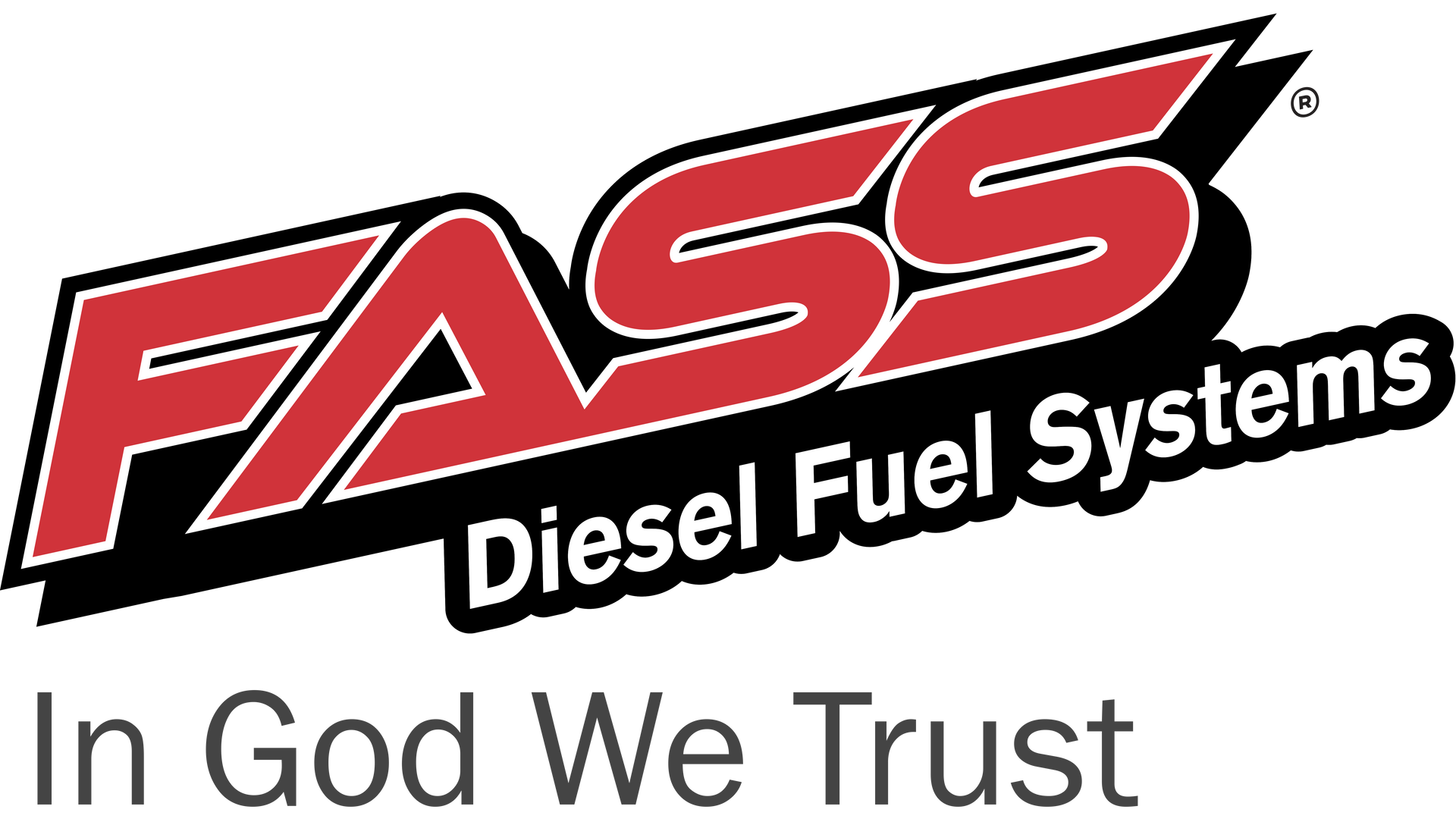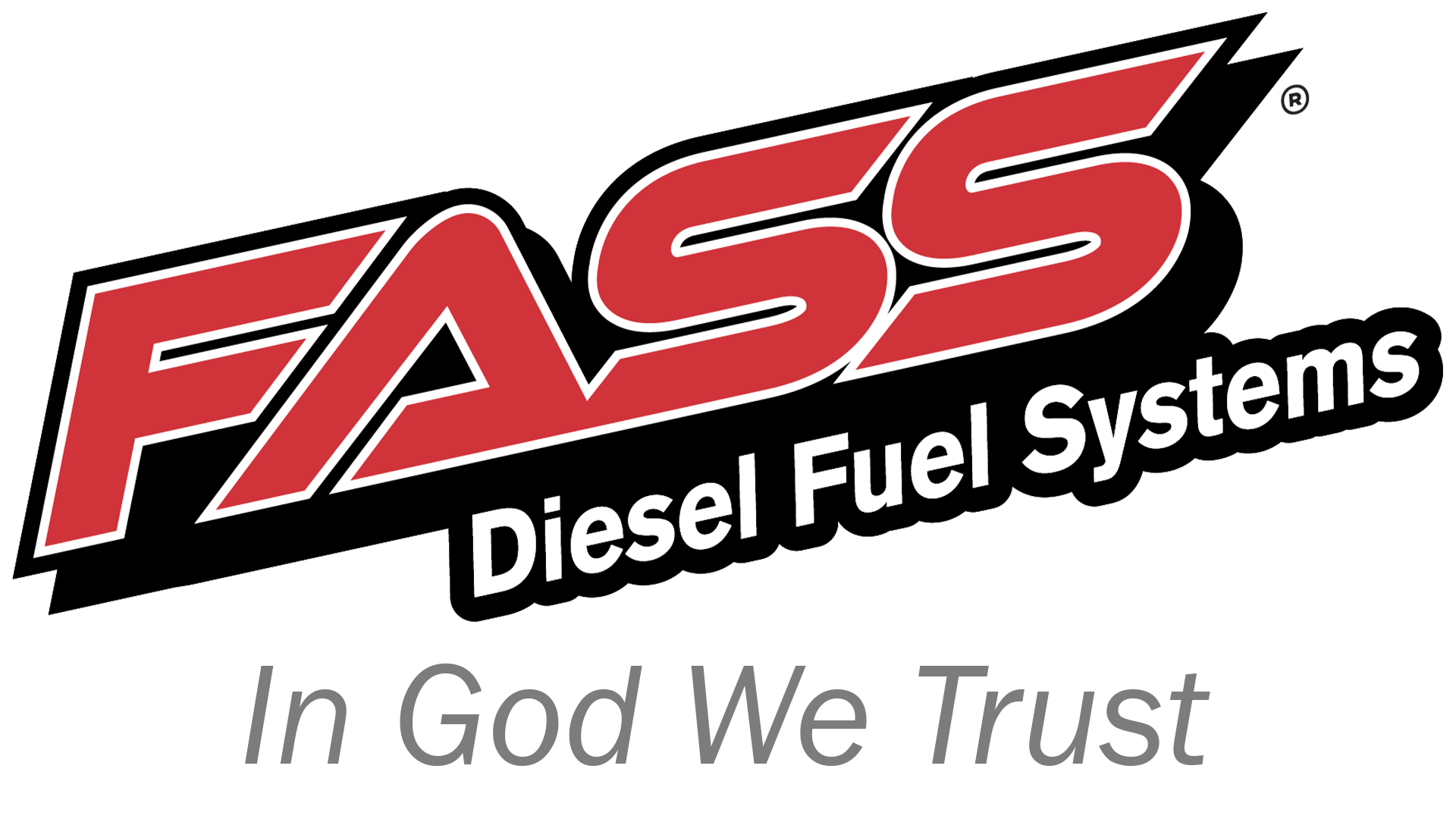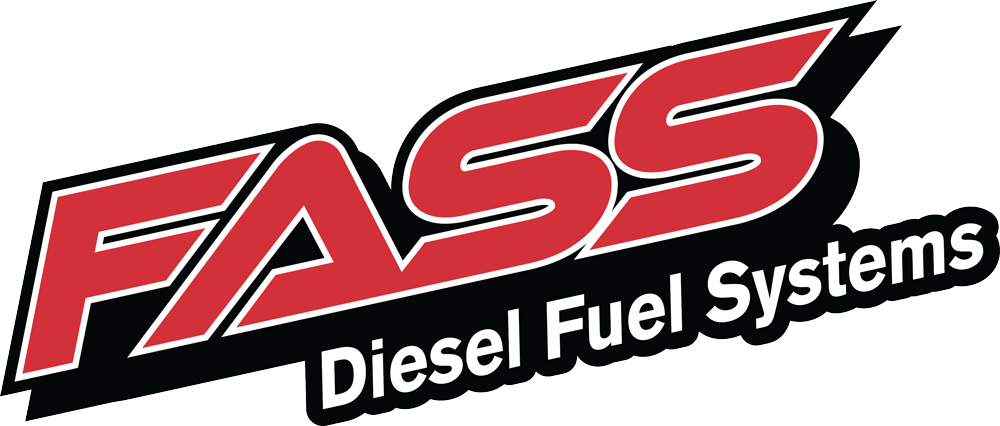In this article, we’ll highlight why air in diesel fuel can be an expensive nuisance.
Because the injection system in your diesel truck is essentially a hydraulic system—only instead of hydraulic fluid, you have diesel fuel.
And, according to CAT, diesel fuel is at least 10% air when stationary. As fuel gets sloshed around in the tank and heated up during normal driving, that 10% figure goes up significantly.
When air is trapped in fuel, it can cause significant problems in the fuel system and engine performance due to the sensitivity and precision of diesel engines. Here’s what happens:
1.
Disruption of Fuel Flow
Diesel fuel systems rely on a continuous flow of liquid fuel under high pressure. Air trapped in the fuel lines interrupts this flow, leading to inconsistent fuel delivery to the injectors.
2.
Reduced MPG
Air in your fuel system can alter injection timing, impairing combustion and reducing fuel efficiency. Because less of the fuel is properly atomized and burned, more fuel is used to achieve the same output.
At FASS, it’s common for our customers to notice a 1-3 MPG increase after installing one of our Fuel Systems. However, because so many factors play a role in MPG, we do not guarantee a measurable increase in MPG.
3.
Loss of Power
When air is trapped, the engine may experience uneven fuel delivery, causing misfires or reduced power output. The engine might feel sluggish or struggle to maintain consistent performance.
4.
Engine Stalling
Air pockets can cause intermittent fuel delivery, leading to engine stalls, particularly under load or during acceleration when consistent fuel delivery is critical.
5.
Cavitation in the Injection Pump
If air enters the injection pump, it can cause cavitation. This occurs when air bubbles collapse under pressure, potentially damaging the pump’s internal components, reducing its efficiency, and shortening its lifespan.
Certain injection pumps, such as the CP4, are particularly prone to failure as a result of cavitation. When a CP4 fails, the entire repair can run north of $10,000 or more, depending on the severity of the damage.
6. Injector Damage
Diesel injectors are designed to operate with liquid fuel. Air in the system can cause erratic injection patterns, leading to poor atomization, incomplete combustion, and long-term wear on the injectors.
In our long-term fleet testing, we have found that a FASS Diesel Fuel System can increase injector life by 3x or more—simply by eliminating the air/vapor, water, and debris from the fuel.
7.
Poor Combustion and Increased Emissions
Air in the fuel system disrupts the precise air-to-fuel ratio required for efficient combustion, resulting in incomplete burning of the fuel. This can lead to increased smoke, higher emissions, and soot buildup.
How to Address Air in Diesel Fuel Systems:
- Install an Air Separation System: While all modern diesel trucks come factory-equipped with a fuel filter of some kind, the utter lack of air separation in factory fuel systems leaves a LOT to be desired. Installing an aftermarket air filtration system such as one from us here at FASS (Fuel Air Separation Systems) eliminates the air and vapor from your fuel—preventing countless avoidable headaches.
- Inspect for Leaks: Whether your fuel system is stock or aftermarket, check for loose fittings, cracked fuel lines, or damaged seals that might allow air ingress.
- Maintain the System: Regular maintenance of the fuel filter, pump, and lines can prevent air from entering the system.
- Prime the System: After servicing your fuel system, follow the priming procedure recommended by the OEM or manufacturer (if aftermarket).
By ensuring the fuel system is free of air, you will maximize the performance, reliability, and efficiency of your diesel truck.
If you have questions about a FASS Diesel Fuel System for your truck, give us a call at (636) 433-5410, or email us to techsupport@fassride.com.
Thanks for reading!





